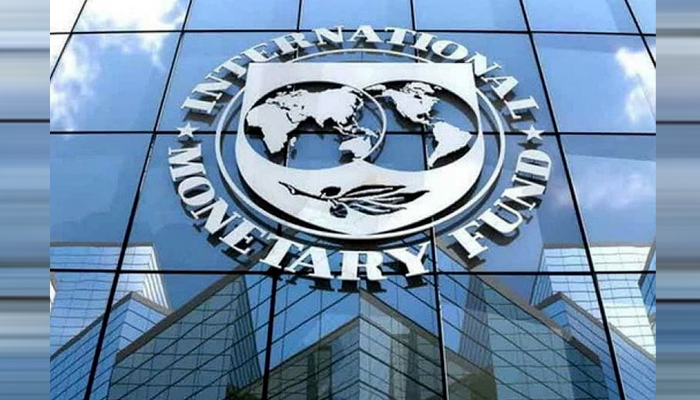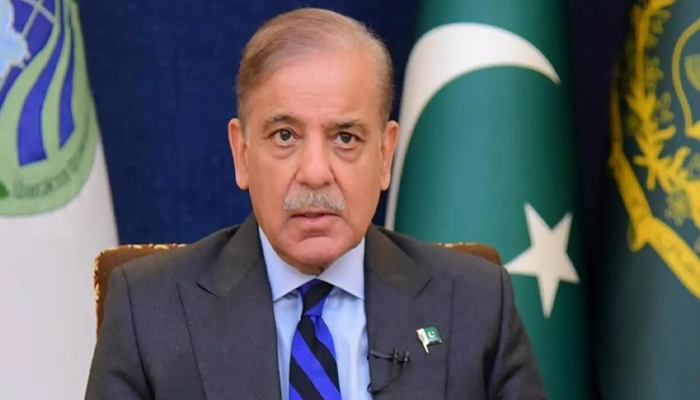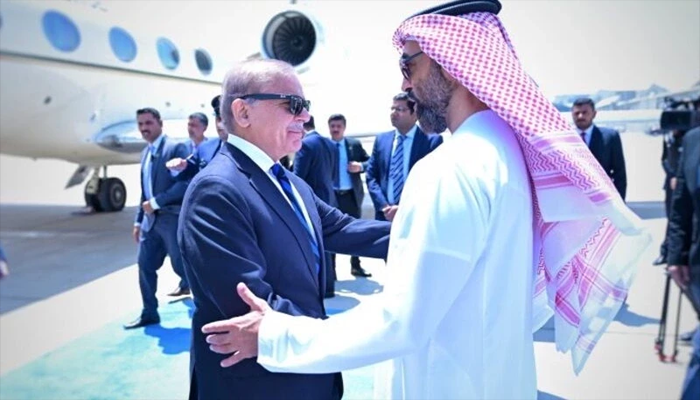Islamabad: The International Monetary Fund (IMF) Executive Board is set to convene on May 9 to discuss critical financial arrangements involving Pakistan, according to the IMF's official website. The meeting will address the first review of the ongoing $7 billion bailout programme and consider a new $1.3 billion loan under a climate resilience initiative.
The upcoming session follows a staff-level agreement reached last month between the IMF team and Pakistani authorities. The agreement includes a 28-month climate resilience arrangement worth $1.3 billion and confirms progress on the first review of the 37-month Extended Fund Facility (EFF) approved in September 2024.
Approval by the IMF’s Executive Board will allow Pakistan to immediately unlock $1.3 billion from the new climate-focused arrangement. Additionally, it will facilitate the release of another $1 billion under the current bailout programme, taking total disbursements under the EFF to $2 billion.
The IMF delegation, led by Nathan Porter, held in-depth discussions with Pakistani officials during a mission from February 24 to March 14, 2025, in Karachi and Islamabad. The dialogue later continued virtually. Porter noted that Pakistan continues to face significant risks from climate-related disasters, emphasizing the importance of long-term adaptation and resilience measures.
"Climate-related risks remain a major challenge for Pakistan," Porter stated in a post-mission note. "Strengthening resilience and taking adaptive measures are vital for sustainable recovery and future growth."
The Extended Fund Facility, initially agreed upon on July 12, 2024, amounts to SDR 5,320 million (about $7 billion USD). The IMF Board formally approved the facility in late September last year. The ongoing review and the new climate loan reflect a broader international effort to stabilize Pakistan's fragile economy while addressing the escalating risks of climate change.
Economists believe that continued engagement with the IMF is crucial for Pakistan, not just for the inflow of foreign funds but also for the credibility and structure it brings to the government’s broader economic reform agenda.
“This programme gives the government both a fiscal cushion and a reform roadmap,” said a Karachi-based financial analyst. “Given the pressure on the currency and limited foreign inflows, IMF’s backing is critical.”
Pakistan’s foreign exchange reserves remain under stress. As of April 18, 2025, the State Bank of Pakistan (SBP) reported reserves at $10.21 billion, down by $367 million from the previous week. Overall, the country’s total liquid foreign reserves stood at $15.44 billion, including $5.23 billion held by commercial banks.
The IMF board meeting on May 9 is expected to pave the way for the much-needed inflows, offering a temporary relief to the government as it grapples with fiscal challenges, external debt obligations, and post-flood reconstruction needs.
The decision could play a pivotal role in supporting Pakistan’s economic recovery amid inflationary pressures and climate vulnerability.









